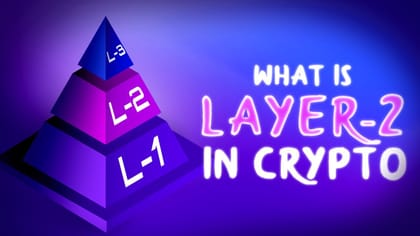Stop overpaying - start transferring money with Ogvio. Sign up, invite friends & grab Rewards now! 🎁
Federal Trade Commission Warns Consumers on Crypto Payment Scams
The Federal Trade Commission has alerted people on a new scam floating around that asks them to pay in cryptocurrencies.
According to the announcement issued on FTC’s official website, the commission warned about the dangers from scammers that impersonate government officials or authority figures to make payments via cryptocurrencies.
The post listed the ways that these crypto scams work. Firstly, the impersonator calls people telling them that, for instance, they have won the lottery. Right after, they’ll be directed to make a withdrawal from a bank account and deposit it into a crypto ATM.

Did you know?
Subscribe - We publish new crypto explainer videos every week!
Layer 2 Scaling Solutions Explained With Animations


At this point, the scammer asks people to buy a certain type and amount of cryptocurrency. The final, tricky part is when the impostor sends a QR code with a wallet address attached to it, and people are asked to scan it. This step transfers all the bought crypto funds to the scammer’s bank account, and there is no way to retrieve or cancel the transaction.
Cristina Miranda, from the Consumer and Business Education Division at the FTC, advised users to ignore any required transactions that involve cryptocurrencies, stating:
"...it’s a scam, every time. Any unexpected tweet, text, email, call, or social media message — particularly from someone you don’t know — asking you to pay them in advance for something, including with cryptocurrency, is a scam."
While scams by impersonating government authorities, law enforcement have been around for a while, the hardly traceable nature of crypto transactions makes it that more dangerous, especially for the common folk who have never dealt with digital assets.






















